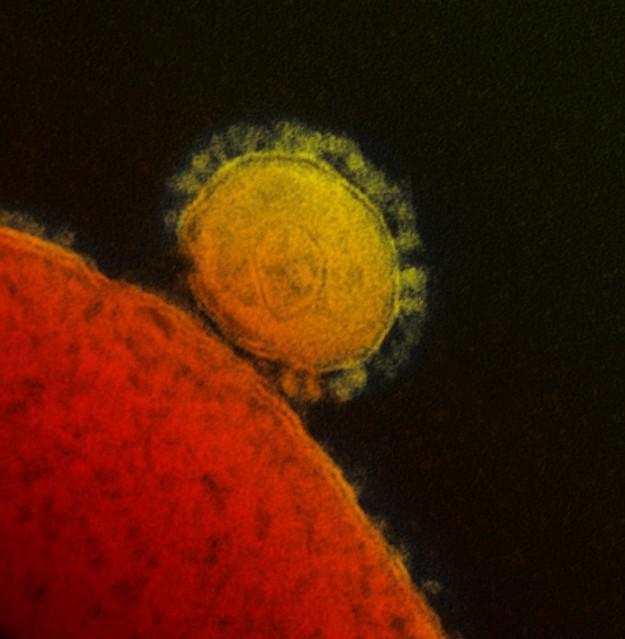In a profile of MERS-CoV cases in Saudi Arabia for May, the World Health Organization (WHO) today provided more details about 14 cases and noted that 4 were part of two clusters.
In other developments, the WHO released a new protocol for investigating Middle East respiratory syndrome coronavirus (MERS-CoV) surface contamination in health settings, and Saudi Arabia's ministry of health (MOH) announced one new case detected in Riyadh.
Clusters in a household and hospital
Of the 14 patients, 3 had been exposed to camels, a known risk factor for contracting the virus.
Ten were men and four were women, and patient ages ranged from 22 to 80. Eleven had underlying health conditions, which is a risk factor for MERS. Ten were from Riyadh region, with other cases reported from Jeddah, Medina, Najran, and Al Qassim.
One of the clusters involved two people living in the same household in Al Kharj in Riyadh region, a 22-year-old woman who had diabetes and epilepsy and a 44-year-old woman who had no underlying health conditions.
The other cluster consisted of a 65-year-old male patient and a 23-year-old female healthcare worker in Riyadh.
Five of the people died from their infections.
The WHO said that as of May 31 it has received reports of 2,442 MERS-CoV cases since 2012, at least 843 of them fatal.
Surface sampling guide for health settings
MERS-CoV seems to spread more easily in health care settings, but so far the mechanisms are unclear. To help study the issue, a group of scientists from Erasmus Medical Center in the Netherlands, with input from WHO and other experts, recently developed and published a protocol to help health and workers and public health officials conduct surface sampling for MERS-CoV.
According to the document, the idea for the guidance came from a MERS-CoV environmental contamination research meeting hosted in 2017 hosted by the WHO and the University of Hong Kong. The group's work was supported by the European Commission and the US Agency for International Development.
The protocol covers study procedures, including topics such as collection sites, sampling timing, and ethical considerations. The guidance also addresses prevention of transmission in health settings, virus detection methods, sample handling, and sample reporting.
MERS infects Riyadh man
In an update today, Saudi Arabia's health ministry reported one new illness, that of a 30-year-old man from the city of Riyadh. His exposure to camels isn't known and officials have classified his illness as primary, meaning he probably didn't contract the virus from another known patient.
The man's infection marks Saudi Arabia's second case for July.
See also:
Jul 16 WHO update
Jul 16 Saudi MOH report
Jun WHO protocol on MERS-CoV surface sampling in health settings





















